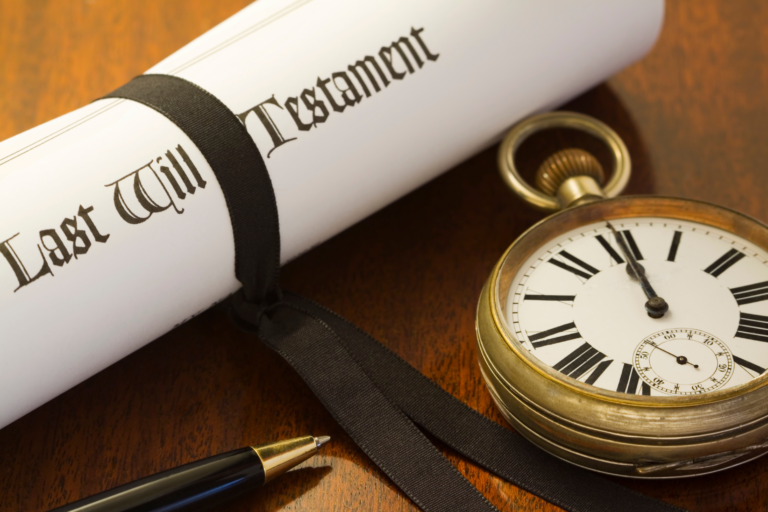Although creating a living trust may sound simple, any omissions or mistakes involved in the process may result in serious problems. Therefore, it is crucial to consult with an expert attorney to avoid unnecessary risks.
In this article, you will find an exclusive Florida living trust checklist.
Florida Living Trust Checklist – The Key Elements
Living Trusts vs. Wills
The first step to creating a well-drafted living trust is understanding its purpose. Some people tend to confuse the characteristics of wills and living trusts, using one legal tool when they should be using the other.
Essentially, the assets designated through a will are subject to probate upon the testator’s death while living trusts permit a trust maker (trustor) to convey the ownership of trust assets upon death while circumventing probate.
Once submitted to the court, wills are part of the public records. Living trusts are private arrangements that preserve the identity of the trustor and the trust’s beneficiaries.
The testator’s death is the event that triggers the effectiveness of a will, whereas a living trust has an immediate effect upon the signature of the trust instrument.
Preparing an Inventory
Before preparing the living trust, it is essential to ensure that you know the extent of your estate. Preparing an inventory is the next step to ensure a well-planned living trust in Florida. When assessing his or her estate, the future trustor must identify:
- What is the number of assets involved in the estate?
- Which assets are subject to probate?
- Which assets are exempt from probate?
- How is the property titled?
Determining Which Assets Should Become Trust Property
Then, it is time to decide which assets should be titled in the trust’s name. This step is particularly complex for married couples.
If a couple owns assets under joint ownership with rights of survivorship or tenancy by the entirety, these assets do not need to go into the trust.
However, if the couple has signed prenuptial agreements and wants to limit marital property, it is vital to consult with an expert attorney. Depending on how a trust is funded, it may determine who will receive trust property in the event of divorce.
Choosing a Reliable Trustee
Florida living trusts permit the trustor to designate him or herself as the trustee of the trust. However, even in such cases, it is crucial to designate a successor trustee. Ideally, a trustee must be a loyal person who will certainly uphold his or her duties as required by law.
Taking a Closer Look at the Beneficiaries
When designating individuals as beneficiaries of a living trust, the trustor must consider whether any of the beneficiaries have some circumstances that may affect the legal arrangement.
For instance, a loved one with special needs, or a beneficiary facing problems with lawsuits or judgments. Depending on the case, the situation may require the creation of a separate trust.
Actively Maintaining the Trust
If a trustor fails to transfer the title of assets to the living trust, it may create a pool of assets that will likely be subject to probate in the event of death. Therefore, upon the acquisition of new assets, the trustor must title them to the trust.
Florida Living Trust Checklist – Immediately Contact Your Florida Probate Lawyer
If you want to set up an ideal living trust for your case, waste no time – call Attorneys Romy B. Jurado and Diana C. Collazos at (305) 921-0976 or email [email protected] to schedule a consultation.






